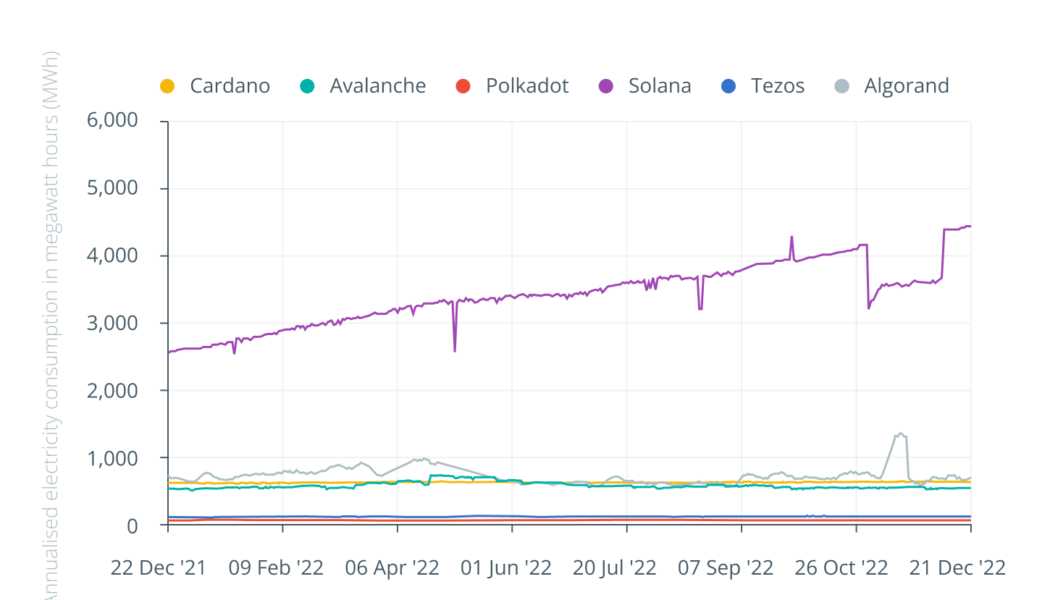environment
Countries that eat the most meat – ranked
The countries that eat the most meat are causing the most damage to the planet. It’s time to take responsibility and change the habits of a lifetime. There is very little to debate on the subject anymore. Simply put, the world must reduce the amount of meat it eats. In 2011, the world population reached seven billion and it's now around 7.7 billion. That figure is expected to reach 10 billion around 2050. As the global population continues to skyrocket, the planet simply cannot sustain its current levels of meat production. The use of land for growing food and forestry accounts for about a quarter of all global greenhouse gas emissions. That's roughly the same as from electricity and heating, and substantially more than from all the trains, planes and automobiles on the planet. The post Co...
The Last Tourist review: three startling moments | Atlas & Boots
The Last Tourist exposes the many flaws of tourism, but these three moments struck us especially hard The role of the modern tourist is on trial in a new documentary. The Last Tourist combines insight from travel and environmental experts with a series of first-hand accounts to highlight the harmful practices that global tourism supports and encourages. The post The Last Tourist review: three startling moments appeared first on Atlas & Boots.
Ranking the greenest countries in the world
The greenest country in the world is Switzerland according to the latest data analysis from the 2018 Environmental Performance Index (EPI). The 2018 Environmental Performance Index evaluates and ranks 180 countries on 24 performance indicators across ten categories covering environmental health and ecosystem vitality. The aim is to gauge, at a national scale, how close countries are to meeting the environmental policy goals outlined in the United Nations 2015 Sustainable Development Goals (SDGs) and the Paris Climate Agreement. The EPI builds on the United Nations Sustainable Development Goals (SDGs), formally adopted in September 2015. The two main objectives of the report are to assess how 180 countries protect their ecosystems and human health. The post Ranked: most sustainable countrie...
Climate tech VC argues Bitcoin’s ESG positives outweigh its negatives 31:1
A climate tech investor has painted a bright view of the Bitcoin network, suggesting its environmental positives outweigh its negatives by a whopping 31:1 ratio. On Jan. 12, self-proclaimed philanthropist and environmentalist Daniel Batten claimed in a Twitter thread that “Bitcoin is probably the most important ESG technology of our time.” According to Batten, the 31:1 positive impact ratio was calculated by researching and interviewing grid engineers, climate scientists, Bitcoin mining engineers, methane abatement experts and solar and wind installers. The findings discovered 21 ways Bitcoin (BTC) could be environmentally positive and just five ways it could be environmentally negative. 1/7 Environmentally, Bitcoin has a positive:negative ratio of 31:1 This mean Bitcoin is probably t...
The most eco-friendly blockchain networks in 2022
2022 saw the continued advancement of green crypto projects as more industry companies focused on sustainability to reduce carbon emissions. A series of elemental forces drove the paradigm shift, including user demands for faster and more energy-efficient blockchains, growing climate change awareness among investors, and rising government concerns about energy consumption in the crypto sector. Among the most notable eco-friendly crypto developments in 2022 was the transition of the Ethereum blockchain from a proof-of-work (PoW) to proof-of-stake (PoS) consensus layer. The Merge, completed in September, joined the original execution layer of Ethereum with its new PoS consensus layer, the Beacon Chain. It eliminated the need for energy-intensive mining by enabling the network to be secu...
Report: Vast majority of blockchain energy studies ‘lack scientific rigor’
According to a new preprint conducted by researchers at the Open Universiteit, University of California Berkley, and Radboud University, the vast majority of literature on blockchain energy use from both academic and everyday sources “lacks the scientific rigor expected from a mature scientific field.” The report analyzed 128 scientific and open-source studies related to carbon emissions of blockchains such as Bitcoin. Researchers then found that an astonishing 34% of studies did not even possess an explicit research design. Meanwhile, 43% of studies did not share data, while 67% did not share source code. Finally, 79% of studies had no discussions about the reliability of external data. Several notable fallacies across studies were discovered by researchers in their analysis. ...
Researchers allege Bitcoin’s climate impact closer to ‘digital crude’ than gold
The Bitcoin (BTC) bashing has continued unabated even in the depths of a bear market with more research questioning its energy usage and impact on the environment. The latest paper by researchers at the department of economics at the University of New Mexico, published on Sept. 29, alleges that from a climate-damage perspective, Bitcoin operates more like “digital crude” than “digital gold.” The research attempts to estimate the energy-related climate damage caused by proof-of-work Bitcoin mining and make comparisons to other industries. It alleges that between 2016 and 2021, on average each $1 in BTC market value created was responsible for $0.35 in global “climate damages,” adding: “Which as a share of market value is in the range between beef production and crude oil burned as gasoline,...
White House science office looks at crypto’s effect on climate, despite scarce data
The White House Office of Science and Technology Policy (OSTP) has weighed in on the environmental and energy impact of crypto assets in the United States, finding that crypto makes a significant contribution to energy usage and greenhouse gas (GHG) emissions. It recommends monitoring and regulation in response. The report, released Sept. 8, was the latest to come out of the U.S. President Joe Biden’s March executive order (EO) on the development of digital assets. The EO charged the OSTP with investigating the energy usage associated with digital assets, comparing that usage with other energy outlays, investigating uses of blockchain technology to support climate protection and making recommendations to minimize or mitigate the environmental impact of digital assets. The study found that ...
US lawmakers appeal directly to 4 mining firms, requesting info on energy consumption
Four members of the United States House of Representatives from the Energy and Commerce Committee have demanded answers from four major crypto mining firms in regards to the potential effects of their energy consumption on the environment. In letters dated Wednesday to Core Scientific, Marathon Digital Holdings, Riot Blockchain, and Stronghold Digital Mining, U.S. lawmakers Frank Pallone, Bobby Rush, Diana DeGette, and Paul Tonko requested the companies provide information from 2021 including the energy consumption of their mining facilities, the source of that energy, what percentage came from renewable energy sources, and how often the firms curtailed operations. The four members of the House committee also inquired as to the average cost per megawatt hour the companies spent mining...
Blockchain’s environmental impact and how it can be used for carbon removal
Climate change has become an important issue over the years due to concerns over environmental changes caused by the emission of greenhouse gasses into the atmosphere. Conversations have even reached the crypto space, and blockchain technology is being considered a potential tool to reduce carbon emissions. Cryptocurrencies like Bitcoin (BTC) and Ether (ETH) that use the proof-of-work (PoW) mining algorithm have come under scrutiny due to their alleged energy expenditure. To see where this scrutiny comes from, it first needs to be known how much energy is used when mining PoW cryptocurrencies. Unfortunately, estimating the amount of energy necessary to mine Bitcoin and other PoW cryptocurrencies cannot be calculated directly. Instead, it can be estimated by looking at the network’s ha...
US lawmakers urge EPA to consider the potential benefits of crypto mining
A group of 14 United States senators and House representatives have signed a letter to the Environmental Protection Agency extolling what they believe are the benefits of crypto mining. In a Thursday letter, many U.S. lawmakers including pro-Bitcoin Senator Cynthia Lummis and Representative Tom Emmer addressed EPA administrator Michael Regan, requesting the government agency analyze the potential impact of crypto mining in an effort to balance innovation with environmental concerns. The group of 14 senators and representatives claimed mining could have a “substantial stabilizing effect on energy grids” and cited examples of mining operations using flared gas and renewable energy sources. “Digital assets, and their related mining activities, are essential to the economic future of the Unite...























